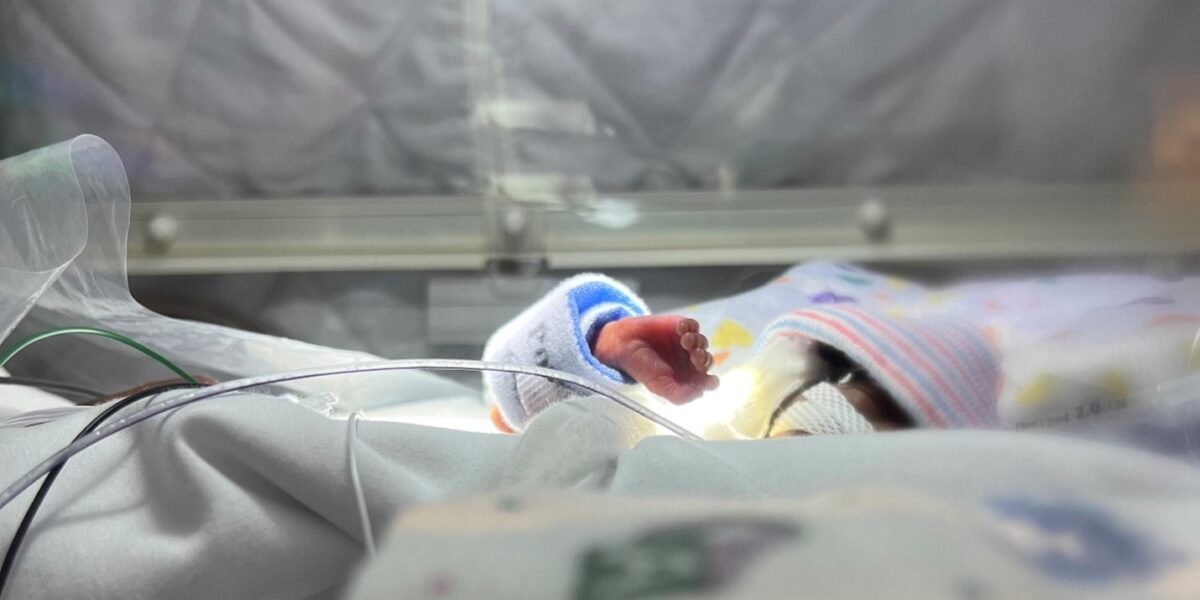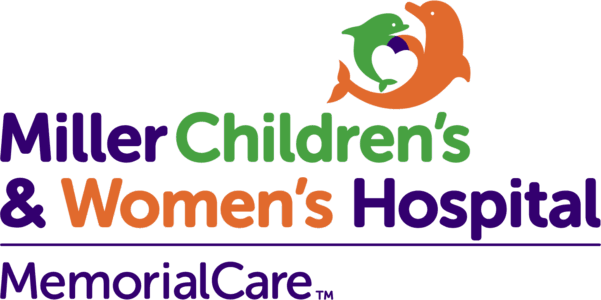November is prematurity awareness month, bringing awareness to those with high-risk pregnancies or parents of preemies at Miller Children’s & Women’s Hospital
By: Anupama Shetty, M.D., medical director, Neonatal Intensive Care Unit, Miller Children’s & Women’s Hospital
In today’s evolving social and economic landscape, many people are becoming parents later in life—not always by choice, but often shaped by personal journeys, career paths, health considerations, or unexpected life events. This quiet shift is reshaping birth trends and introducing new challenges for maternal and neonatal care in the U.S. In 2023, births among women age 40 and older slightly surpassed those among teens—4.1% compared to 4%, according to the National Vital Statistics System. Since 1990, the teen birth rate has declined by 73%, while births to women over 40 have risen by 193%. These numbers reflect not just changing demographics, but the resilience and complexity of modern family-building.
This trend brings important health considerations, especially as more hospitals close labor and delivery units. High-risk pregnancies, more common among older mothers and those with chronic conditions or multiple births, often lead to premature deliveries.
Babies born before 37 weeks—known as preterm births—face serious health challenges and may need extra support as they grow. These early births are becoming more common due to rising high-risk pregnancies. Among the most vulnerable are micro-preemies, born as early as 26 weeks or weighing less than 1 pound, 12 ounces. These tiny patients require highly specialized care and nurturing environments to support development. That’s why expert, coordinated care is essential for mothers with high-risk pregnancies and their babies, who often need time in a Neonatal Intensive Care Unit (NICU).
Miller Children’s & Women’s Hospital stands apart from other regional hospitals by offering both high-risk pregnancy care and a leading Level IV NICU—the highest designation awarded by the American Academy of Pediatrics—under one roof. This ensures that mothers and their babies are never separated during this critical time and receive the highest level of neonatal care available.
Women who have pregnancies later in life are often deemed high-risk, and at Miller Children’s & Women’s, women who experience high-risk pregnancy have the comfort of knowing that thePerinatal Special Care Unit (PSCU) supports more than 3,000 high-risk pregnancies each year, offering private rooms and continuous fetal monitoring for expectant mothers who may need extended observation. Maternal-fetal medicine specialists—obstetricians trained in managing complex pregnancies—are embedded within the PSCU and available on-site 24/7. This immediate access is rare in most hospitals and is a key feature of our care.
With specialized neonatal care available 24/7 just down the hall, Miller Children’s & Women’s ensures that mothers and babies remain together, even when advanced medical support is needed. This close proximity between high-risk pregnancy care and the NICU allows the care team to respond rapidly and deliver expert, coordinated care to both mom and baby without unnecessary separation.
The NICU cares for a wide range of cases—from babies learning to feed to those in the Small Baby Unit who often weigh less than two pounds. Within the Small Baby Unit, the Tiny Baby Program creates a womb-like environment with dim lighting, quiet surroundings, and a developmental focus to support growth.
Beyond direct care, the Miller Children’s & Women’s Neonatal Network, developed with Pediatrix Medical Group, connects community hospitals to advanced neonatal resources, supporting seamless transfers and consistent, high-quality care for premature and critically ill newborns.
Mothers and neonates from other area hospitals are transported through Miller Children’s & Women’s Access & Transport Center to receive this higher level of care. For infants with hypoxic-ischemic encephalopathy (HIE), a birth injury caused by lack of oxygen, the transport team begins therapeutic hypothermia during transfer to reduce brain injury risk and improve outcomes.
As babies grow stronger and prepare to leave the NICU, care continues through the High-Risk Infant Follow-Up Center at the Cherese Mari Laulhere Children’s Village. This program supports infants who may need ongoing medical and developmental care. A team of nurses, therapists, social workers, and pediatric specialists works with families during NICU admission and throughout the child’s early years, offering developmental assessments, feeding guidance, parent education, and assistance in connecting with community resources.
With high-risk pregnancies on the rise, especially among older mothers, access to specialized care is more essential than ever. Miller Children’s & Women’s provides 24/7 maternal-fetal medicine and advanced neonatal care to keep mothers and babies together. This care is powered not only by clinical expertise, but also by deep compassion, strong partnerships and funding. Programs like Medicaid and the Children’s Hospitals Graduate Medical Education (CHGME) program are vital to ensuring families receive the support they need.
Want to learn how Miller Children’s & Women’s supports high-risk pregnancies and premature newborns? Visit millerchildrens.org/NICU.


